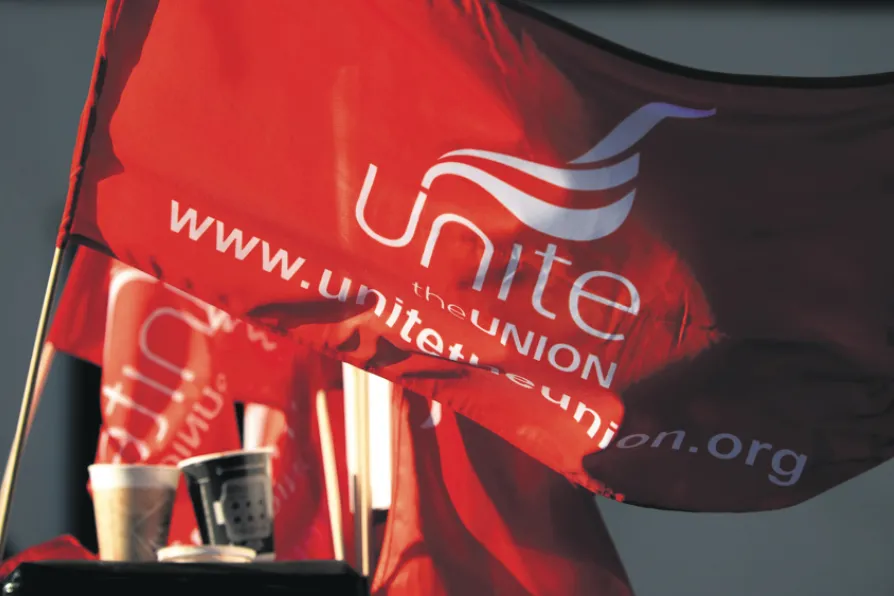

THOUSANDS of charity workers in Manchester will receive guaranteed contracts, increased workplace rights and the living wage under an unprecedented new deal that could be replicated nationwide.
The charter, to be signed at lunchtime tomorrow by the Unite union and Manchester City Council, is Britain’s first contract of its kind.
It will ensure that all council-funded charity organisations pay their staff the Manchester living wage of £8.75 per hour.
All workers will be given an employment contract and hours deemed excessive can be investigated and rectified.
If organisations in the region do not respect the standards outlined in the charter, they will face investigation and risk lose council funding.
It is also expected that, following further negotiations with councillors, workers will also be guaranteed pay for sleep-in shifts and travel time between appointments.
The deal represents a significant improvement in wages and conditions for many of Greater Manchester’s 42,000 charity workers, who are employed across over 16,000 different organisations in the county.
Union activists say the casualised nature of many charity and voluntary jobs causes workers considerable anxiety.
Manchester Unite not-for-profit branch secretary Alison Treacher said: “This agreement is the first step towards a fair deal for voluntary sector workers.
“There are thousands of charity staff in Manchester who are on the front line of social care, mental health, housing and other key services.
“Yet many of us are on poverty wages, precarious contracts and work in appalling conditions.
“This agreement can help stop these abuses.
“We hope our success here in Manchester might encourage other branches and workplace reps to build a national fightback in our sector.”
Manchester Labour councillor Sam Wheeler heralded the decision, telling the Star: “Even after a decade of Lib Dem and Tory cuts, councils still have tremendous power through their purchasing and commissioning — if they have the will to use it.
“What we see again with this victory is that when the industrial and political parts of the labour movement work together, they can make a real difference to the lives of front-line workers.”















